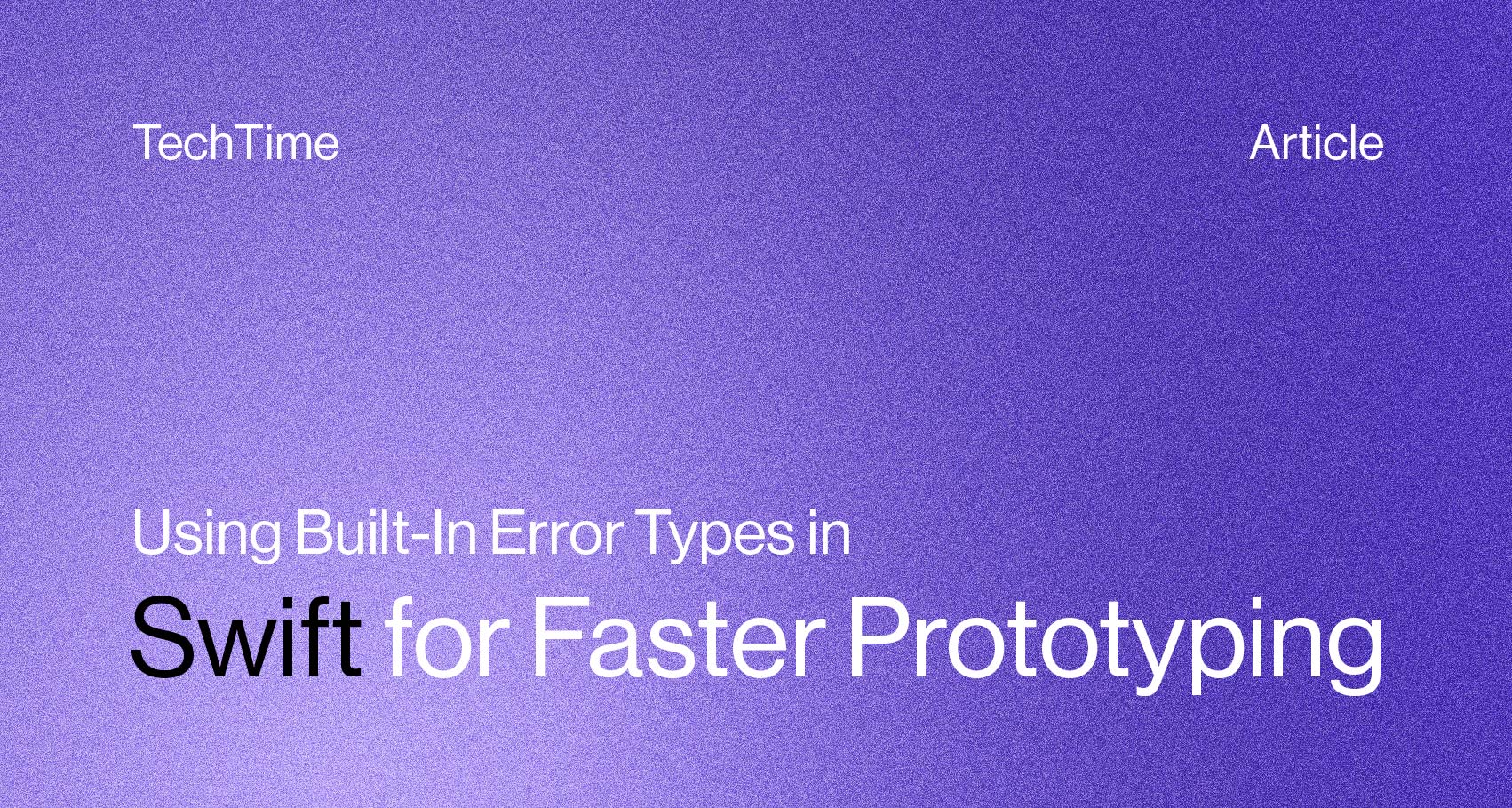
As a Chief Technology Officer (CTO), you're tasked with the critical responsibility of architecting a scalable and robust infrastructure for your mobile app. In today's fast-paced digital landscape, the success of your app hinges on its ability to handle increasing user loads, deliver exceptional performance, and adapt to evolving technology trends. In this article, we'll explore how you can craft a scalable mobile app infrastructure with confidence using our CTO's playbook.
Understanding Scalability Requirements
Scalability is a fundamental aspect of any mobile app infrastructure. Before diving into the technical details, it's essential to assess your scalability requirements based on factors such as expected user growth, peak usage times, and future feature enhancements. By understanding your scalability needs upfront, you can design a flexible infrastructure that can seamlessly accommodate growth.
Choosing the Right Technologies
Selecting the right technologies is paramount to building a scalable mobile app infrastructure. Evaluate different options for backend frameworks, databases, caching mechanisms, and cloud services to determine the best fit for your app's requirements. Consider factors such as performance, scalability, security, and developer familiarity when making technology decisions.
Designing for Resilience and Fault Tolerance
In today's distributed and interconnected world, system failures are inevitable. Design your mobile app infrastructure with resilience and fault tolerance in mind to ensure uninterrupted service even in the face of unexpected failures. Implement redundancy, failover mechanisms, and graceful degradation strategies to minimize downtime and enhance user experience.
Embracing Microservices Architecture
Microservices architecture offers numerous benefits for building scalable mobile app infrastructures. Break down your app into smaller, independently deployable services that communicate via APIs. This modular approach enables greater flexibility, scalability, and maintainability, allowing you to scale individual components as needed without impacting the entire system.
Leveraging Cloud Services
Cloud services provide a cost-effective and scalable infrastructure solution for mobile apps. Embrace cloud computing platforms such as Amazon Web Services (AWS), Microsoft Azure, or Google Cloud Platform (GCP) to offload infrastructure management tasks and leverage auto-scaling capabilities. Cloud services offer flexibility, scalability, and reliability, allowing you to focus on building and improving your app.
Conclusion
Crafting a scalable mobile app infrastructure is a multifaceted endeavor that requires careful planning, strategic decision-making, and technical expertise. By following our CTO's playbook, you can architect a robust infrastructure with confidence, empowering your tech team to tackle the challenges of scalability and deliver a seamless user experience. With the right combination of technologies, design principles, and cloud services, you can position your mobile app for success in today's competitive digital landscape.





